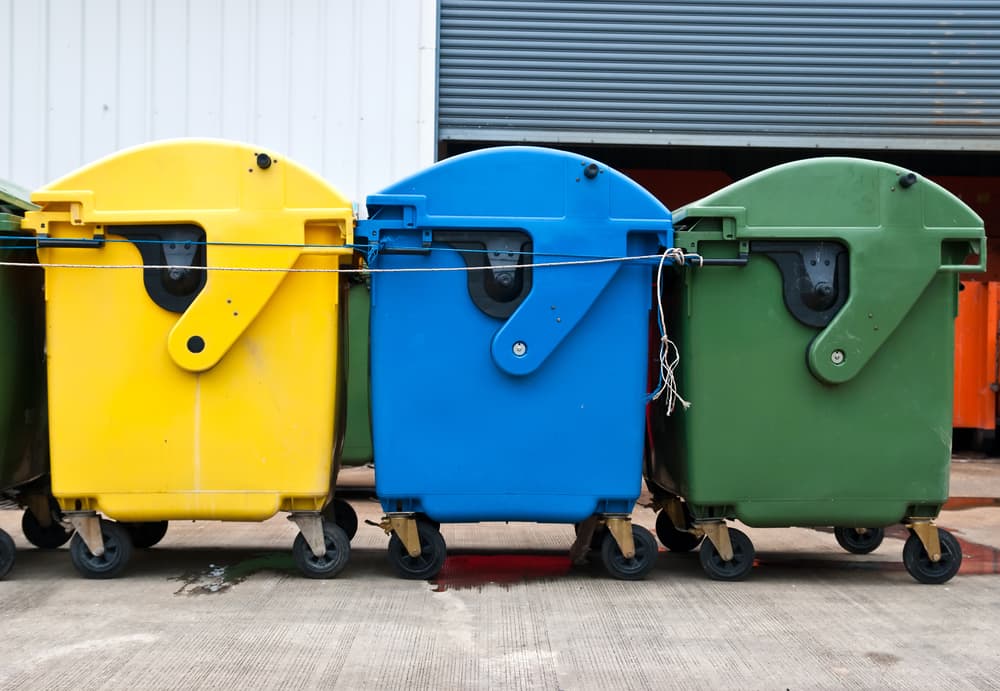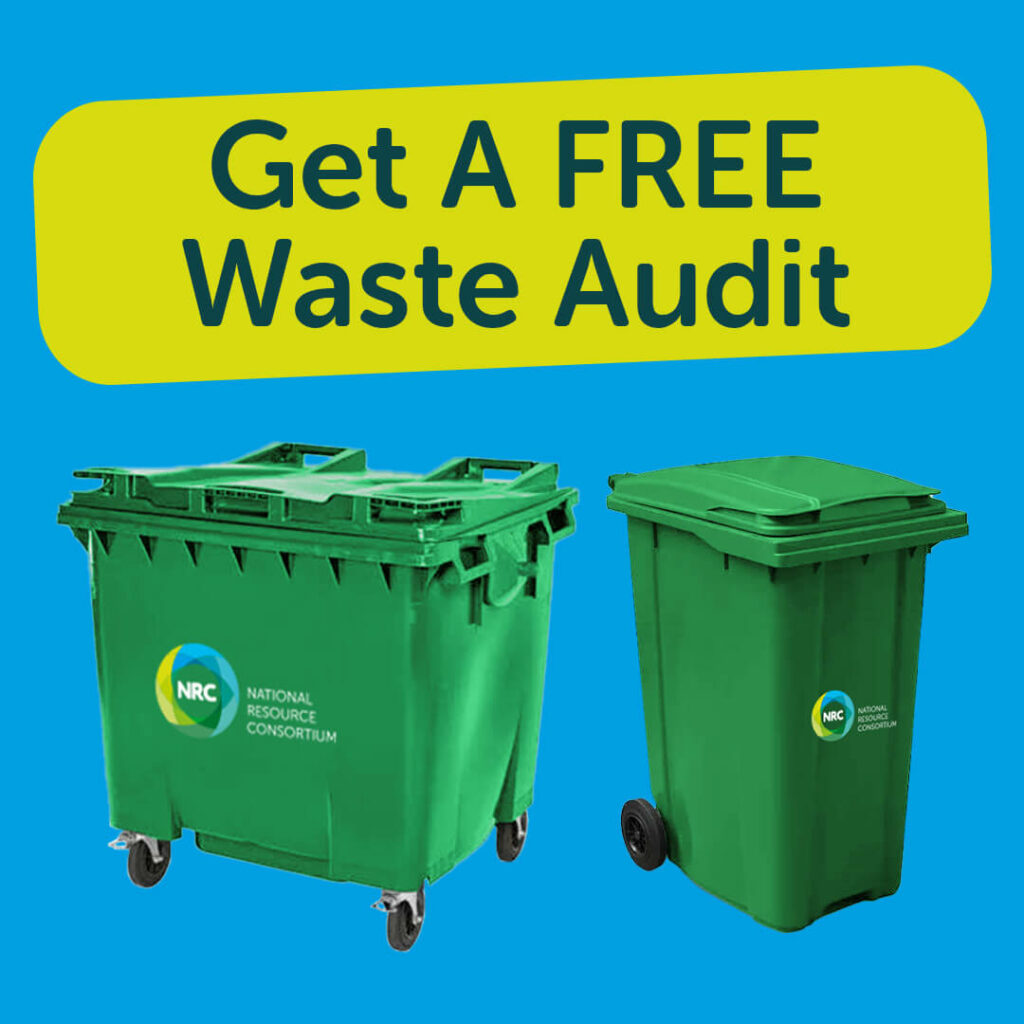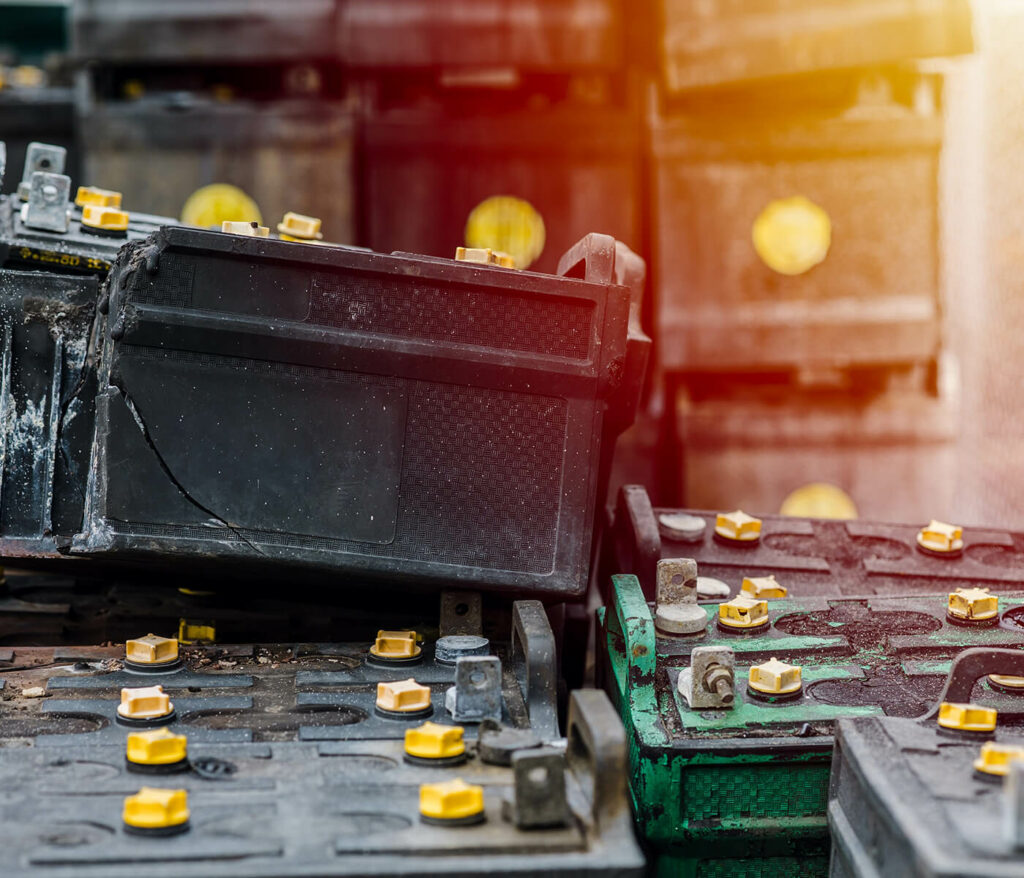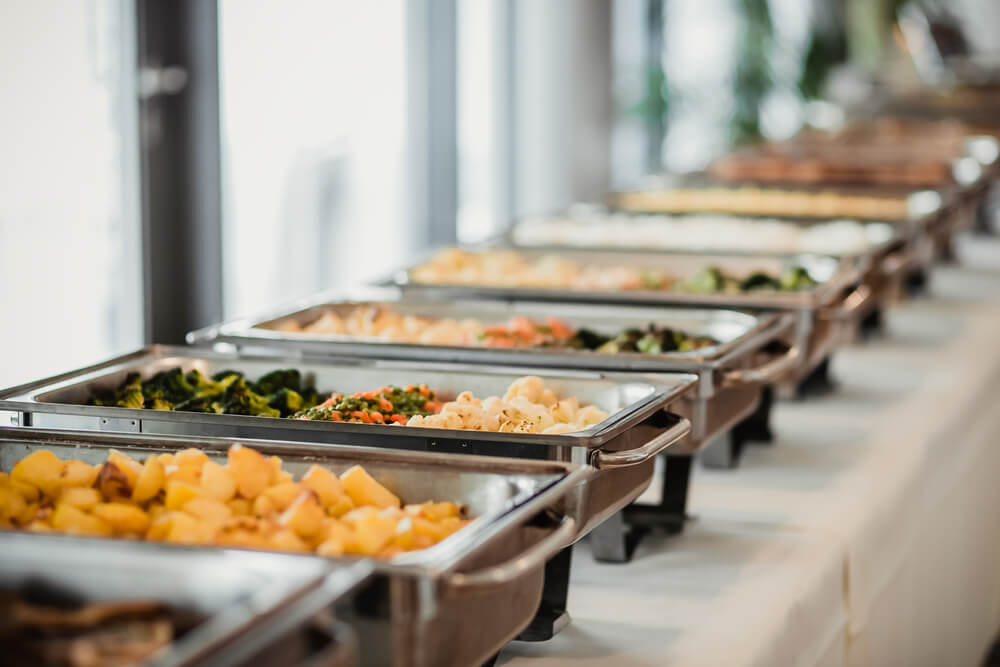May 9th, 2024
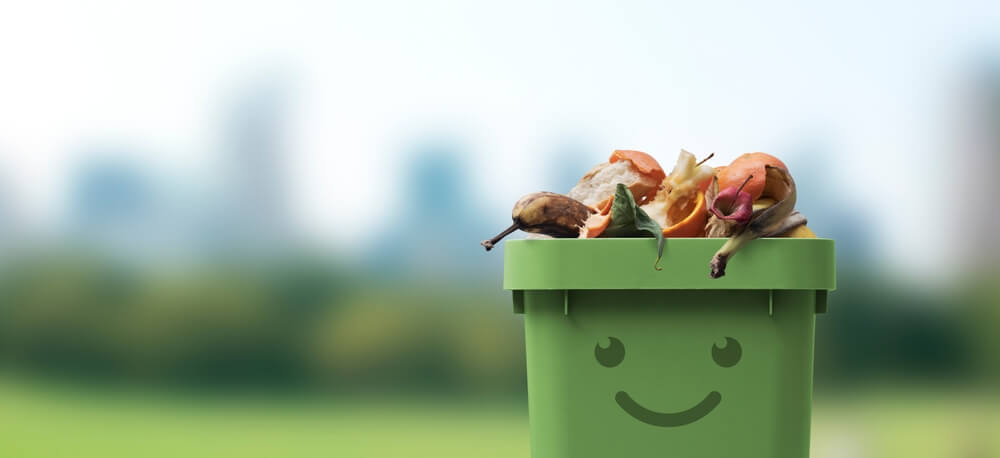
Ever paused for a moment after scraping leftovers off your plate and wondered, ‘Where does all this go?’ You’re not alone. Every day, tonnes of food waste is generated by businesses across the UK, from care homes and restaurants, to supermarkets and office buildings.
At NRC, we’re on a mission to make sure that this discarded food doesn’t just become another statistic in landfill. Our nationwide commercial waste management services dispose of food waste in an efficient and environmentally friendly way. But what does this mean, and where does food waste actually go? Let’s get into it.
- Why is it important to recycle food waste?
- What food waste can you recycle?
- How is food waste recycled?
- How is recycled food waste used?
Why is it important to recycle food waste?
When we talk about food waste, many of us might imagine a harmless process where discarded food simply decomposes and blends back into the earth. In reality, the consequences of not recycling food waste are more complex and damaging to our environment.
If we dispose of our food waste with our general rubbish it will be a lost resource and would be sent for incineration. While this is perhaps not as harmful as sending it to landfill, it still comes with its own problems. Not only does it release a large amount of CO2, it is also incredibly inefficient, as food waste has a large water content.
How is food waste recycled?
To fully understand the benefits of recycling food waste, it’s good to understand how it is actually recycled. The transformation of waste into something valuable doesn’t just happen magically; it’s a result of efficient and well-established processes. Let’s delve into two of the most common methods:
Anaerobic digestion
Unlike composting, which requires oxygen, anaerobic digestion happens in an environment without oxygen. In this process, microorganisms break down food waste to produce biogas (a mixture of methane and carbon dioxide) and a type of compost known as digestate.
This is NRC’s chosen method and how the vast majority of food waste in the UK is recycled.
In-vessel composting
This method involves breaking down food waste in a controlled environment. The food waste is mixed with garden waste, like leaves and grass, in a large container to begin the composting process. With the help of microorganisms, the waste begins to decompose and is kept at a specific temperature, to speed up the process.
What food waste can you recycle?
It’s a common misconception that only certain types of food waste can be recycled. From the tea bags produced at your cafe, to the banana skins in the office bin – all of it can be recycled. Even items like bones, egg shells, and coffee grounds can be transformed into a nutrient-rich resource.
However, not everything belongs in the recycling bin, so be cautious and avoid disposing of non-compostable materials. Food still in its container, for example, is not meant for food waste recycling bins. They not only contaminate the recycling process but can also hinder the creation of high-quality resources.
How is recycled food waste used?
Once food waste has been transformed through one of these processes, it has a wide range of uses and benefits:
Fertiliser: Both the compost from in-vessel composting and the digestate from anaerobic digestion can be used as natural fertilisers. These fertilisers are rich in nutrients and provide an eco-friendly alternative to chemical fertilisers, resulting in healthier plants without harming the environment.
1. Biogas energy
As mentioned, anaerobic digestion produces biogas. This biogas can be captured and used as a source of renewable energy. It can power engines, provide heat, or be transformed into electricity, helping us to reduce our reliance on fossil fuels.
2. Less greenhouse gases
By recycling food waste and capturing methane from anaerobic digestion, we actively reduce greenhouse gas emissions.
3. Land regeneration
Using compost that comes from food waste can help restore degraded solid, improve water retention and increase land fertility.
Food waste disposal with NRC
Do you need a streamlined food waste collection service for your business? NRC is here to help. No matter where you’re based or how many sites you operate, we can supply you with the right commercial bins and containers and provide reliable, scheduled collections.
From restaurants and hotels to retail outlets and pubs, we operate nationwide and are on hand to get the job done. Give our friendly team a call today for a free quote – simple waste management is a conversation away.
